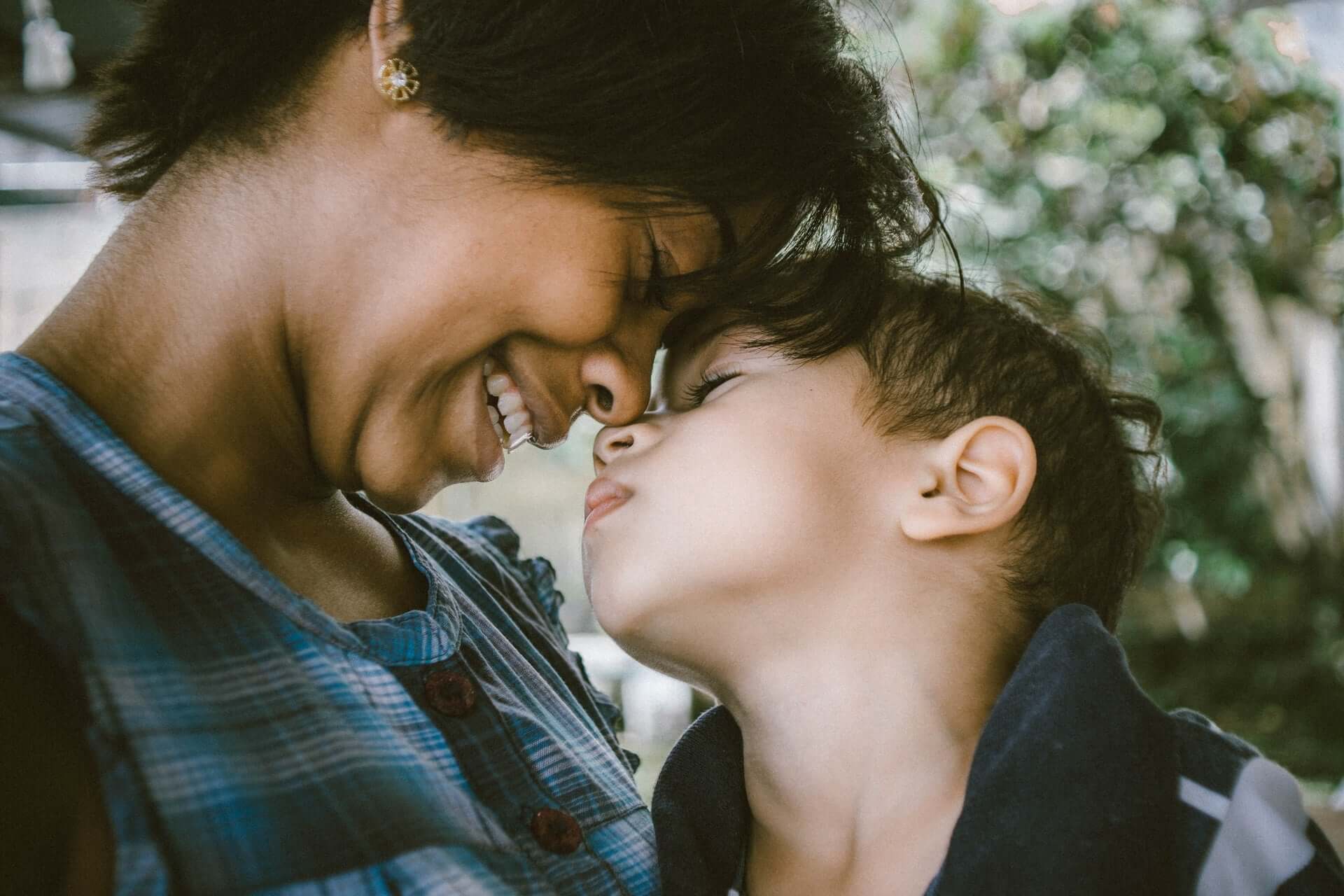
Table of contents
Giving children security in turbulent times
Security - an essential basic feeling for each of us when it comes to building healthy development and reliable relationships. At its core, security is what our entire lives revolve around. Whatever desires, goals and needs we decide on and examine down to their origins, the secret motivation is the desire for security.
But we all know that there are times when these foundations are shaken, no matter how hard we may try to avoid it. The best alarm system cannot 100 percent prevent a break-in, and the most expensive life insurance cannot save a life.
A breaking relationship within the family, illness, financial difficulties or other challenging circumstances can sometimes shake us and our family life. It inevitably happens from time to time, not everything can be controlled - now it is important to tap all the resources in order to get through the crisis well together. The focus is on our children, who we carry and whose well-being is usually where all our concerns revolve.
If push came to shove, we would give all of our well-being for yours. Now it's important that this resonates with the children, that our love actually carries and holds them.
Now, what can we as parents do to give our children a sense of security in any crisis? Here you will receive the small safety guide, identified and tested in practice.
The safety guide
-
Pay attention to the children's signs:
Children subconsciously know exactly what they need. They certainly express this differently than we adults would verbally. Our job is to interpret the behavioral symptoms. Do you have an increased need for cuddles? Are they often in a bad mood, constantly want to eat, have a low frustration tolerance, or argue a lot? In a crisis, such behavior, if it is out of line, is always an indication of a deeper need - rarely is it really about who gets to play with the doll or that the child is really hungry. Observe the child, put yourself in their shoes and listen to your intuition about what need lies behind the behavior. -
Talk, talk, talk:
Contrary to the opinion of many people who assume that everything has to be kept away from the children, it is often very important that parents have conversations with their children - of course in a child- and age-appropriate manner. Whatever the challenge, we humans are all sentient beings and can unmistakably sense when something is wrong. If the situation is completely unclear to the child, it can seem very confusing. It just feels: something is wrong. But no one tells me what's going on. This seems unsettling.
An important note here: When we talk to our children, we should come from a position of hope and security. We make it tangible for the children to see what is going on, but we don't let them carry the emotions that we ourselves are going through. Our job is to provide a safe haven. -
Still experience beautiful things!
The situation may be so demanding that we hardly have any strength - but it is worth it. Even the smallest mini-moment of normality and security can help and support enormously - not just the children, but also ourselves. Drink hot cocoa together. Snuggle up in bed and read a book. Look out the window together. Take a short walk and consciously stop at everything that interests the child. Just a few mindful minutes a day can be helpful. -
Keep looking the child in the eyes:
Direct contact is a refreshment for the soul. Many adults tend to sink into themselves when they have problems or to let everything go unfiltered - but there is an opportunity to remain mindfully connected to our family members and especially the children. If you keep looking directly at the child and smiling at him, he will feel that mom/dad is still there. He/she is present. Present. I'm not alone. Difficulties in life are part of it and the child now experiences such a situation - but with the feeling that he or she is not left alone. -
Last but not least: hope!
A crisis always comes to an end with the right attitude: It is important that everyone, both adults and children, can feel and believe that this situation is only temporary. It won't stay the way it is now and it will stop again. Things will get better again, I promise. When parents feel real hope and spread it in the atmosphere, the children also have that positive attitude. Depending on your age, this process occurs unconsciously, but it is essential for a feeling of security and is also a helpful tool for later adult life.
If you would like to find out more about the topics of family, pregnancy, mindfulness, nutrition or sustainability, take a look here over.




























Leave a comment
This site is protected by hCaptcha and the hCaptcha Privacy Policy and Terms of Service apply.